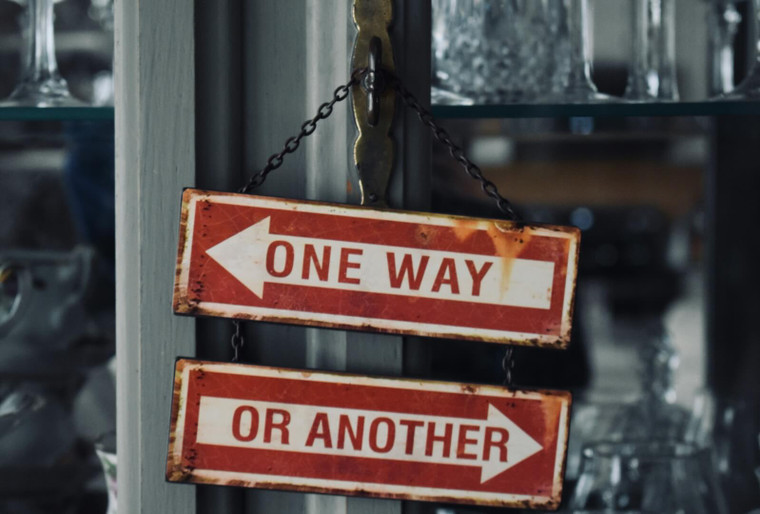Can You Make the Hard Decision?
Posted by Warrior Poet Society on Oct 3rd 2025
One of the most common concerns among those new to carrying a firearm is simple but weighty question: Could I actually take a life if the situation demanded it?
It’s not an easy question, and it shouldn’t be. Carrying a firearm for personal defense is about far more than the mechanics of shooting. It’s about mindset, preparation, and responsibility. Below are five critical areas to consider if you’re wrestling with this reality.
Motivation
The first and most important factor is motivation. If you can’t summon the fortitude to defend yourself and others, it may be because you haven’t thought deeply about the reality of violence. Evil exists, and there are people in the world who will do unbelievable harm without hesitation.
Motivation doesn’t come from warmongering. It comes from compassion and love—the resolve that no one will harm your family, your friends, or the innocent on your watch.
This is where grit is forged, where the mental “switch” flips from hesitation to decisive action when lives are threatened.
Managing Fear
Even with strong motivation, fear can paralyze. When horror strikes suddenly, hesitation can cost lives. Managing fear means training your mind to push through the shock of violence and act anyway.
This is often overlooked in firearms training. Time on the range is important, but without cultivating the fighter mindset, skill alone will not carry you through. The ability to manage fear under stress is what allows motivation to become action.
Ability
You may be motivated and mentally strong, but without skill, resolve alone is not enough. Practical ability matters. Training in firearms, martial arts, edged weapons, or other defensive tools provides the capability to act effectively when needed.
A sobering mental exercise is to imagine writing a letter to your loved ones explaining why you failed to protect them. While uncomfortable, this visualization can push you toward taking training seriously. The reality is that violence isn’t confined to news headlines or movies. It can happen tonight, tomorrow, or any time.
Moral Considerations
Even if you are legally justified in using lethal force, the moral weight remains. Many veterans return from combat wrestling not with what they had to do, but with doubts about whether every action was necessary—if what they thought was a good shoot at the time is actually a good shoot in hindsight.
This is where your personal moral, theological, and philosophical framework comes into play. You must resolve beforehand what you believe about life, justice, and defense. Waiting until the moment of crisis to decide is too late.
Legal Boundaries
Finally, there are legal realities. Every state and locality has different laws regarding self-defense, use of force, and carrying weapons. Some require you to retreat if possible. Others may allow stepping in to defend third parties.
Legal duty and moral conviction can sometimes clash. For example, you may feel compelled to rescue someone under threat, but the law in your state may forbid it. When morality and legality are at odds, hesitation can freeze you in place. Understanding the law where you live helps prevent that paralysis.
Putting It All Together
Failing in any one of these five areas—motivation, fear management, ability, moral clarity, or legal awareness—can lead to hesitation and failure in a critical moment. This hesitation often leads to the inability to act, move, or decide when under extreme stress.
Being a responsible armed citizen is not only about carrying a weapon. It’s about cultivating the mindset, skill, and judgment to use it wisely and decisively if the worst happens.
Remember Train Hard. Train Smart. And ask the hard questions.

